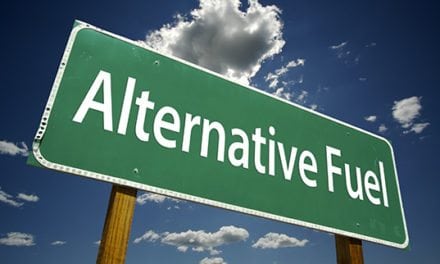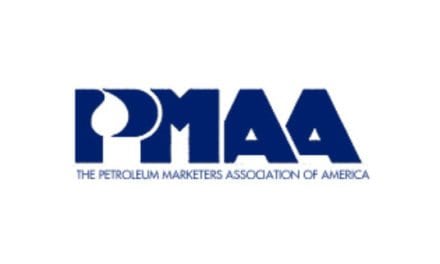American Trucking Associations President and CEO Chris Spear testified today before the House Ways and Means Subcommittee on Trade, where he called for greater investment in highway and border infrastructure to support the growth in commerce from USMCA and an expanding economy. He cited ports-of-entry, intermodal connectors and highway infrastructure as areas in critical need of funding in order sustain America’s long-term economic growth and competitiveness in the global marketplace.
“A first-world economy cannot survive a third-world infrastructure system. The federal government has a constitutional responsibility to ensure that the resources are available to address this self-imposed and completely solvable situation,” Spear said. “The Commerce Clause does not represent an antiquated 18th century ideal; it is what binds us a nation. E Pluribus Unum – out of many, one.”
With the recent ratification of USMCA, Spear said the need for infrastructure investment is even greater and more urgent than before. Without it, the gains anticipated from the renegotiated trade deal will be mitigated. USMCA alone is projected to increase trade with Mexico and Canada by five percent, growing the nation’s economy by $68.1 billion.
He also identified achievable pay-fors – pointing to ATA’s Build America Fund proposal as the most viable and proven funding mechanism available to policymakers today to meet the nation’s infrastructure needs in the immediate term.
“The fuel tax is the most immediate, cost-efficient and conservative mechanism currently available for funding surface transportation projects and programs. Collection costs are less than one percent of revenue,” he said.
“There is a perception that the fuel tax is no longer a viable revenue source due to the availability of electric vehicles and improvements in vehicle fuel efficiency. This notion is belied by the facts. According to the Congressional Budget Office’s latest estimates, revenue from fuel taxes will drop five percent over the next decade, or about $2 billion. A modest increase in the fuel tax, or a new fee on alternative fuel vehicles, can easily recover these lost revenues.”
To read Spear’s full testimony, click here.








